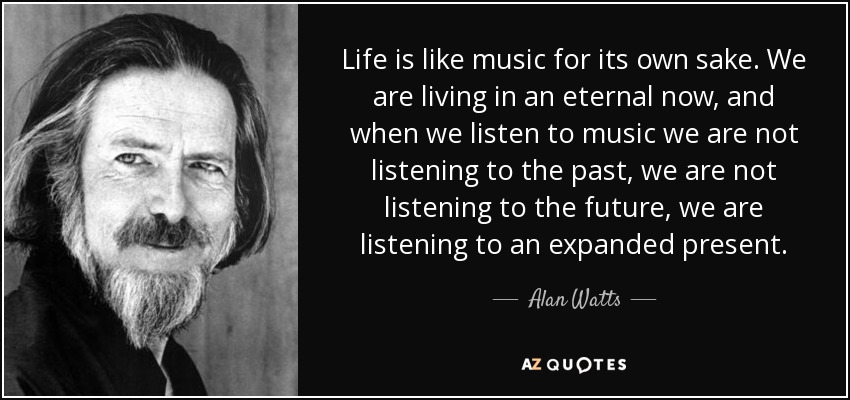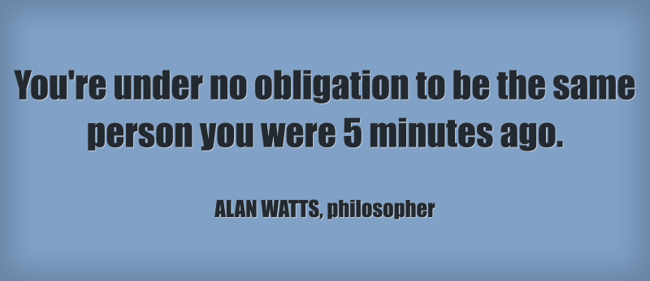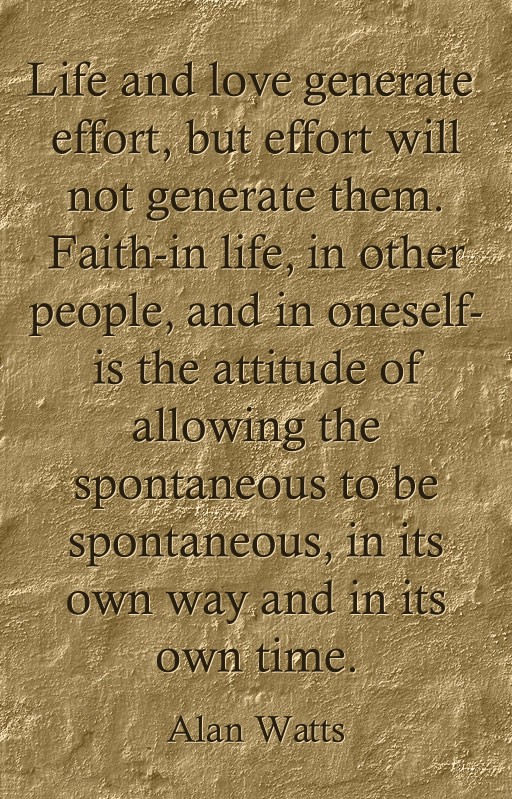FUN  sailing thru TASKS
sailing thru TASKS

|
DON'T REMEMBER WHERE I GOT /CONDENSED IT
Positive Change in 5 Simple Steps Fortunately, everyone can learn how to change his or her brain and form positive habits. Below are 5 simple steps to get you going. 1 Focus first on who you wish to become, not on what you need to do. A powerful question to ask yourself is who do I want to become?
|
||
|
2 Start small. Next, define one small step towards becoming that person. Ask yourself the following: If I could be just 5% better at eating healthfully, 5% more patient, or 5% more engaged at work, what would I do? Perhaps you would commit to eating more vegetables, to counting to 10 before responding angrily to your kids, or to utilizing a personal strength more often and in new ways at work. |
||
|
3 Practice daily. Grooming your new track requires many trips down the slope. Practice your new small habit for at least a few minutes daily over 30 days, or until it becomes automatic. |
||
|
4 Remind yourself. Set a daily reminder on your smart phone, block out time on your calendar, or check in daily with a trusted friend for accountability and support. Remind yourself regularly to groom those new tracks in your brain to increase the likelihood that you’ll follow through on your practice. |
||
|
5 Return to the practice. I promise that you will miss a day here and there. Your reminder will fail. Other priorities will distract you. Better-groomed habits will take over. Understand that this is a natural part of habit formation. Give yourself permission to be human, and return to your practice. Returning to the daily practice when you miss is key to your success. After one small habit becomes automatic, add another one and keep building from there. Over time, you’ll find better health, satisfying relationships, and fulfilling work. Although it’s not always easy, it’s completely within your power to bring about lasting positive change. With gratitude for the amazing ability of our brains to change,
“The master of the art of living makes little distinction between his work and his play, his labor and his leisure, his mind and his body, his education and his recreation, his love and his religion. He hardly knows which is which; he simply pursues his vision of excellence in whatever he does, leaving others to decide whether he is working or playing. To him he is always doing both“. James Michener
|
|
|
|
BE YOU




